Tech sell-off: Magnificent Seven stock prices slump after China issues new trade warning
After a three-day weekend, investors’ attention was trained on the stock market this morning to gauge how a new trade warning from China would impact stocks. So far, it’s not a very pretty picture—especially for some of the market’s most influential tech stocks. As of this writing, the S&P 500 is down 2.32% since last Thursday (the market closed for Good Friday), the Nasdaq Composite has slumped by 2.61%, and the Dow Jones Industrial Average is likewise down 2.30%. It’s the continuation of a trend for the three major U.S. indexes: Each has dropped in three of the four previous weeks as a result of Trump’s tariffs on major trading partners, causing experts to warn that we may be entering a bear market. Major tech companies saw a brief reprieve last week, when the Trump administration clarified that some electronic goods would be briefly exempt from existing reciprocal tariffs. Today, though, both the overall indexes and every member of the Magnificent Seven are back in the red. Here’s how Magnificent Seven stocks are faring at the time of this writing: Alphabet Inc. (Nasdaq: GOOG): down 2.26% Amazon.com, Inc. (Nasdaq: AMZN): down 3.42% Apple Inc. (Nasdaq: AAPL): down 2.77% Meta Platforms, Inc. (Nasdaq: META): down 3.29% Microsoft Corporation (Nasdaq: MSFT): down 2.05% NVIDIA Corporation (Nasdaq: NVDA): down 5.49% Tesla, Inc. (Nasdaq: TSLA): down 6.86% Why are tech stocks and markets falling? There are two main factors that experts believe are driving the decline. First, President Trump has spent the last week openly criticizing and calling for the immediate firing of Federal Reserve Chair Jerome Powell. The Fed is the central banking system of the United States, and it has long upheld an independence from politics that most economists feel is essential to the reserve functioning effectively. However, experts are concerned that, should Trump follow through on firing Powell, the move could represent the end of an independent Fed and send stocks into a tailspin. Second, on Monday night, China issued an official warning against any countries striking deals with the U.S. at its expense. The warning came in response to a Bloomberg report that the Trump administration planned to pressure other nations to cut down on trade with China in order to negotiate their own tariff exemptions with the U.S. In response, China’s Commerce Ministry said in a statement that it would “take countermeasures in a resolute and reciprocal manner.” Currently, the Trump administration has levied a whopping 145% tariff on Chinese imports, leading China to enforce 125% duties on U.S. goods. For most tech companies, strained trade relations with China have major ripple effects across operations. Most Apple products, for example, are manufactured in China, while many products sold on Amazon are made there as well, and Nvidia chips are manufactured in Taiwan. Likewise, Tesla relies heavily on parts made in China. Later this week, investors are due to get a more overarching sense of how Trump’s tariff whiplash has impacted major tech companies, as big names including Tesla, Alphabet, Intel, and IBM are set to share their first-quarter earnings reports.
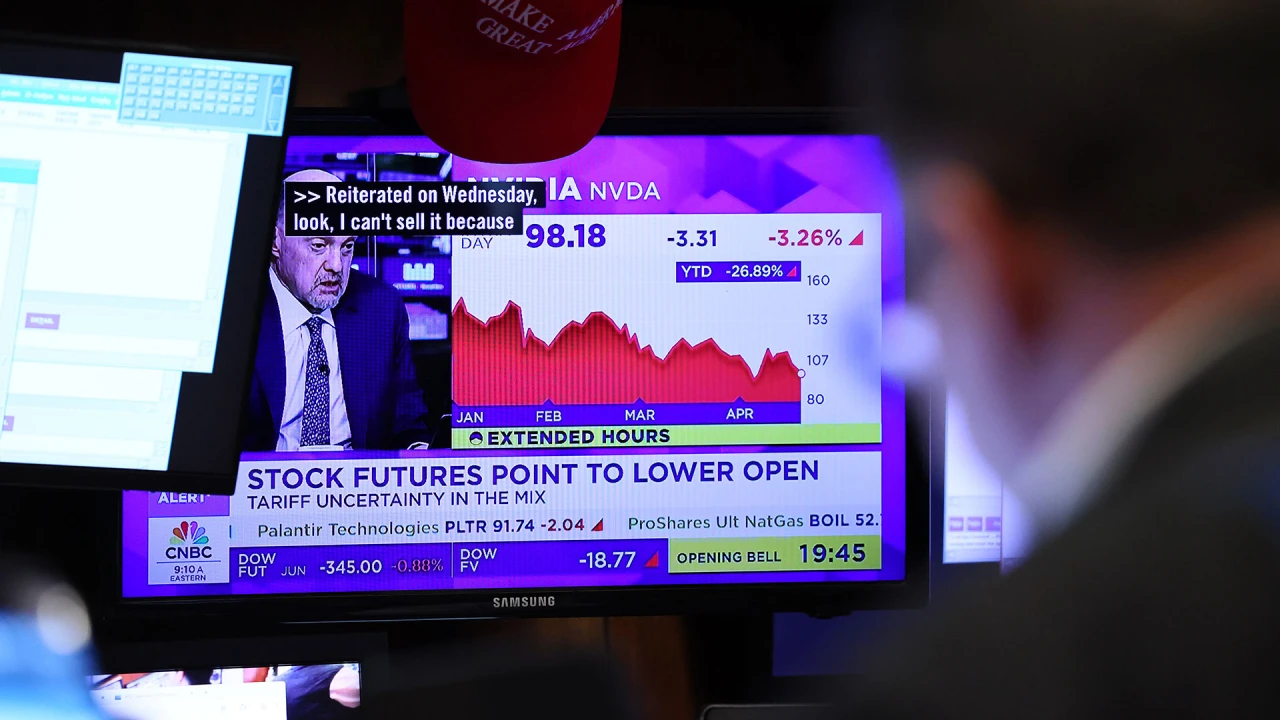
After a three-day weekend, investors’ attention was trained on the stock market this morning to gauge how a new trade warning from China would impact stocks. So far, it’s not a very pretty picture—especially for some of the market’s most influential tech stocks.
As of this writing, the S&P 500 is down 2.32% since last Thursday (the market closed for Good Friday), the Nasdaq Composite has slumped by 2.61%, and the Dow Jones Industrial Average is likewise down 2.30%.
It’s the continuation of a trend for the three major U.S. indexes: Each has dropped in three of the four previous weeks as a result of Trump’s tariffs on major trading partners, causing experts to warn that we may be entering a bear market.
Major tech companies saw a brief reprieve last week, when the Trump administration clarified that some electronic goods would be briefly exempt from existing reciprocal tariffs. Today, though, both the overall indexes and every member of the Magnificent Seven are back in the red.
Here’s how Magnificent Seven stocks are faring at the time of this writing:
- Alphabet Inc. (Nasdaq: GOOG): down 2.26%
- Amazon.com, Inc. (Nasdaq: AMZN): down 3.42%
- Apple Inc. (Nasdaq: AAPL): down 2.77%
- Meta Platforms, Inc. (Nasdaq: META): down 3.29%
- Microsoft Corporation (Nasdaq: MSFT): down 2.05%
- NVIDIA Corporation (Nasdaq: NVDA): down 5.49%
- Tesla, Inc. (Nasdaq: TSLA): down 6.86%
Why are tech stocks and markets falling?
There are two main factors that experts believe are driving the decline.
First, President Trump has spent the last week openly criticizing and calling for the immediate firing of Federal Reserve Chair Jerome Powell. The Fed is the central banking system of the United States, and it has long upheld an independence from politics that most economists feel is essential to the reserve functioning effectively.
However, experts are concerned that, should Trump follow through on firing Powell, the move could represent the end of an independent Fed and send stocks into a tailspin.
Second, on Monday night, China issued an official warning against any countries striking deals with the U.S. at its expense. The warning came in response to a Bloomberg report that the Trump administration planned to pressure other nations to cut down on trade with China in order to negotiate their own tariff exemptions with the U.S.
In response, China’s Commerce Ministry said in a statement that it would “take countermeasures in a resolute and reciprocal manner.” Currently, the Trump administration has levied a whopping 145% tariff on Chinese imports, leading China to enforce 125% duties on U.S. goods.
For most tech companies, strained trade relations with China have major ripple effects across operations. Most Apple products, for example, are manufactured in China, while many products sold on Amazon are made there as well, and Nvidia chips are manufactured in Taiwan. Likewise, Tesla relies heavily on parts made in China.
Later this week, investors are due to get a more overarching sense of how Trump’s tariff whiplash has impacted major tech companies, as big names including Tesla, Alphabet, Intel, and IBM are set to share their first-quarter earnings reports.











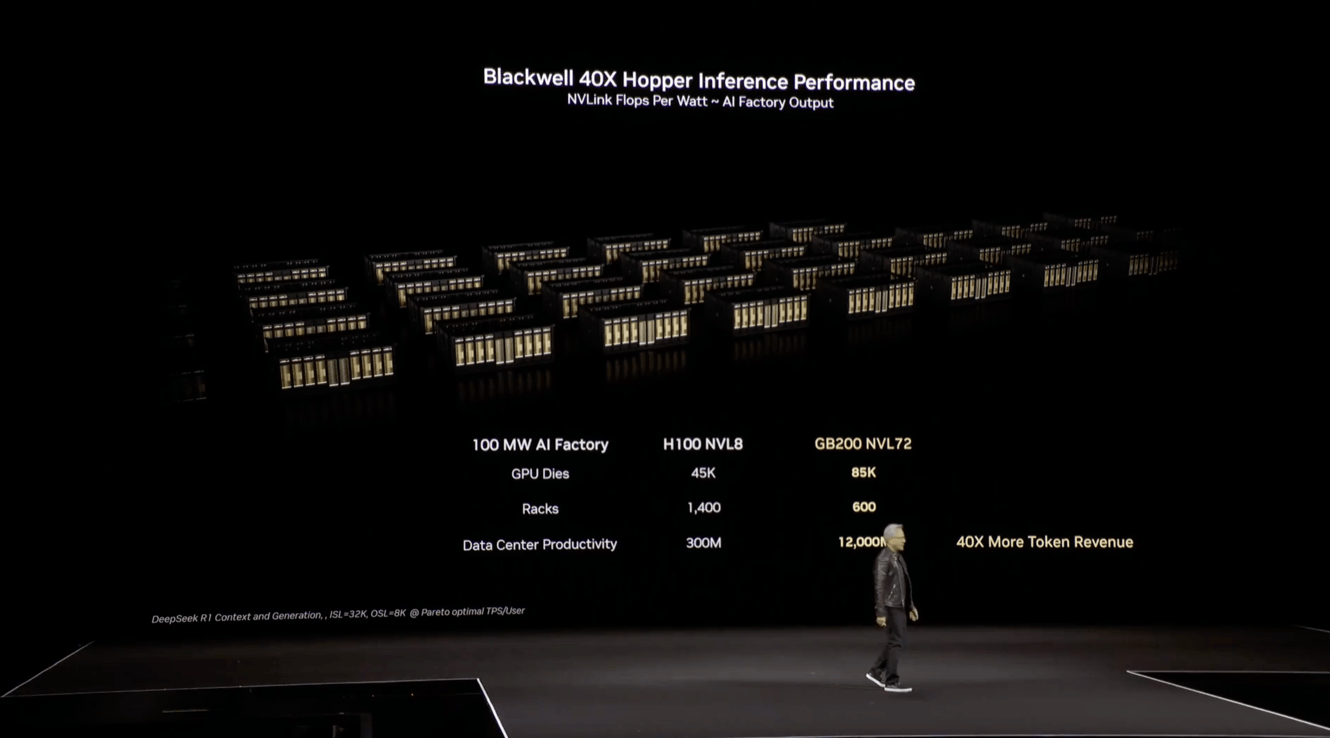


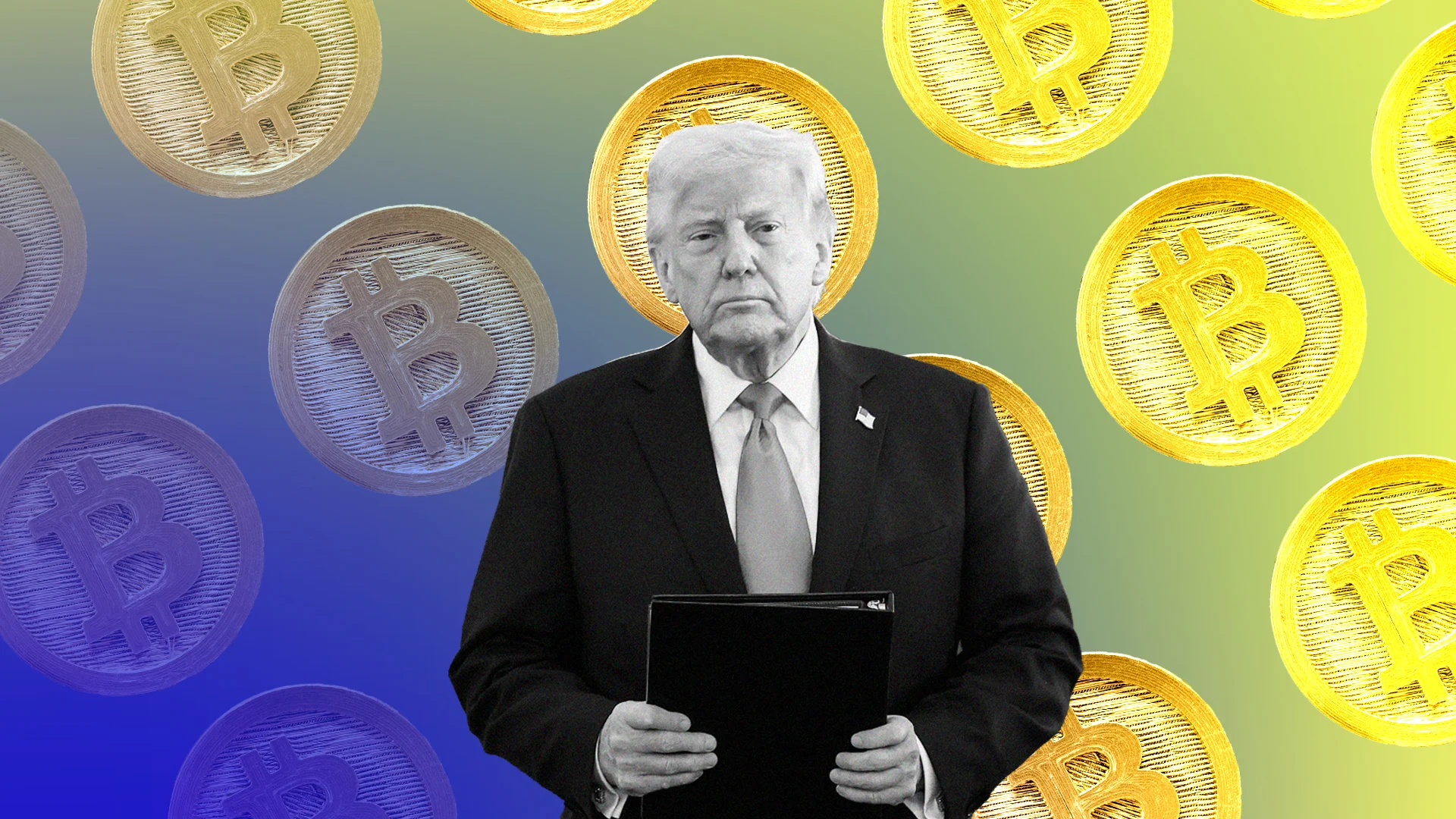




















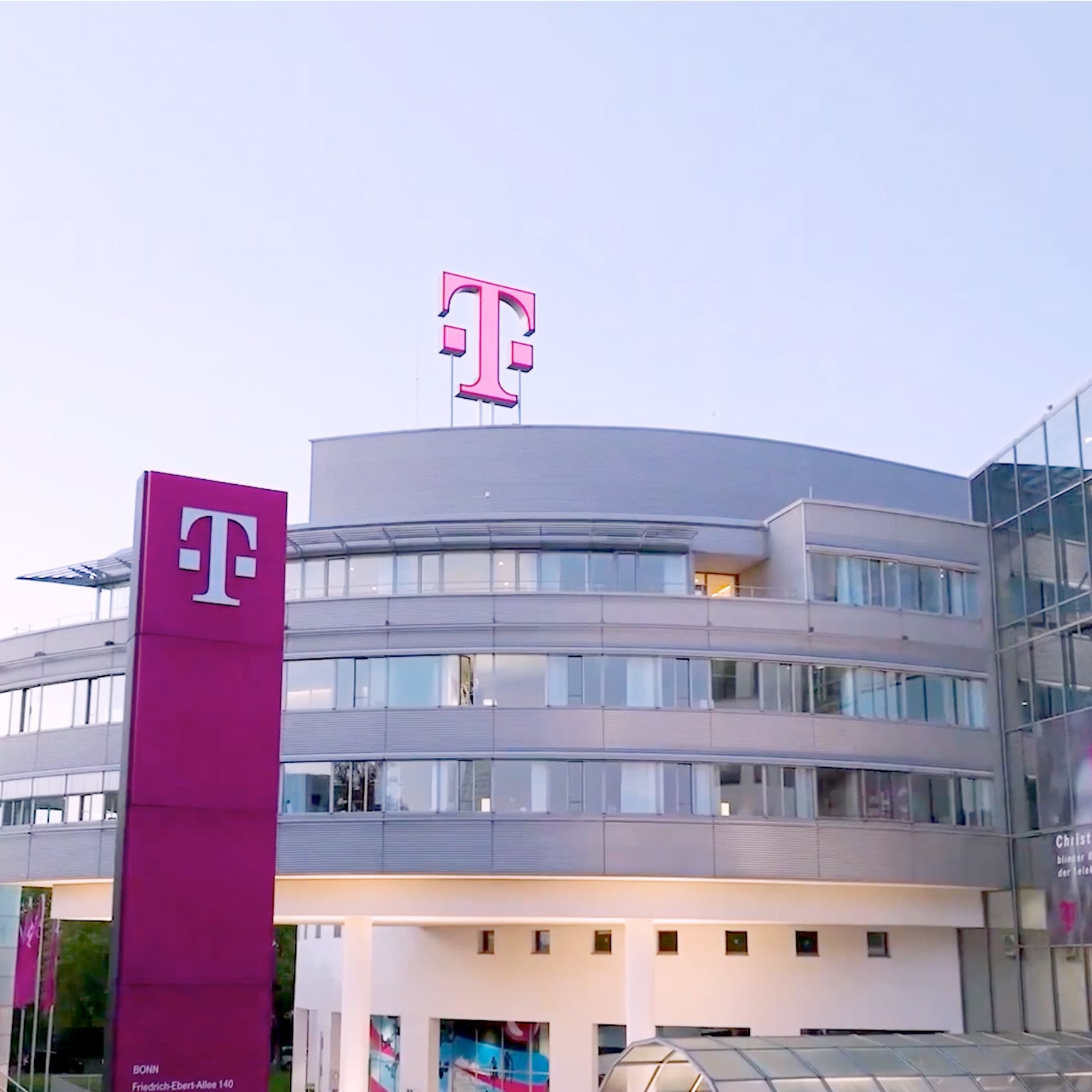
























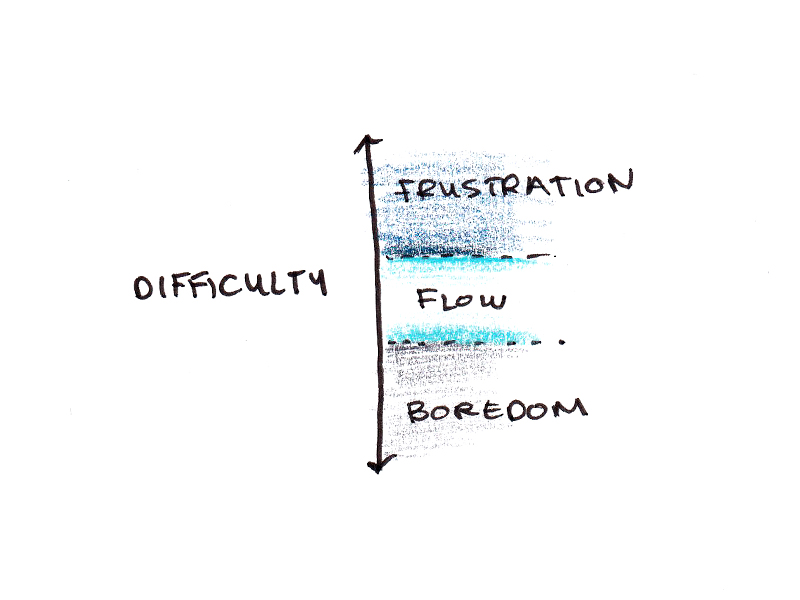









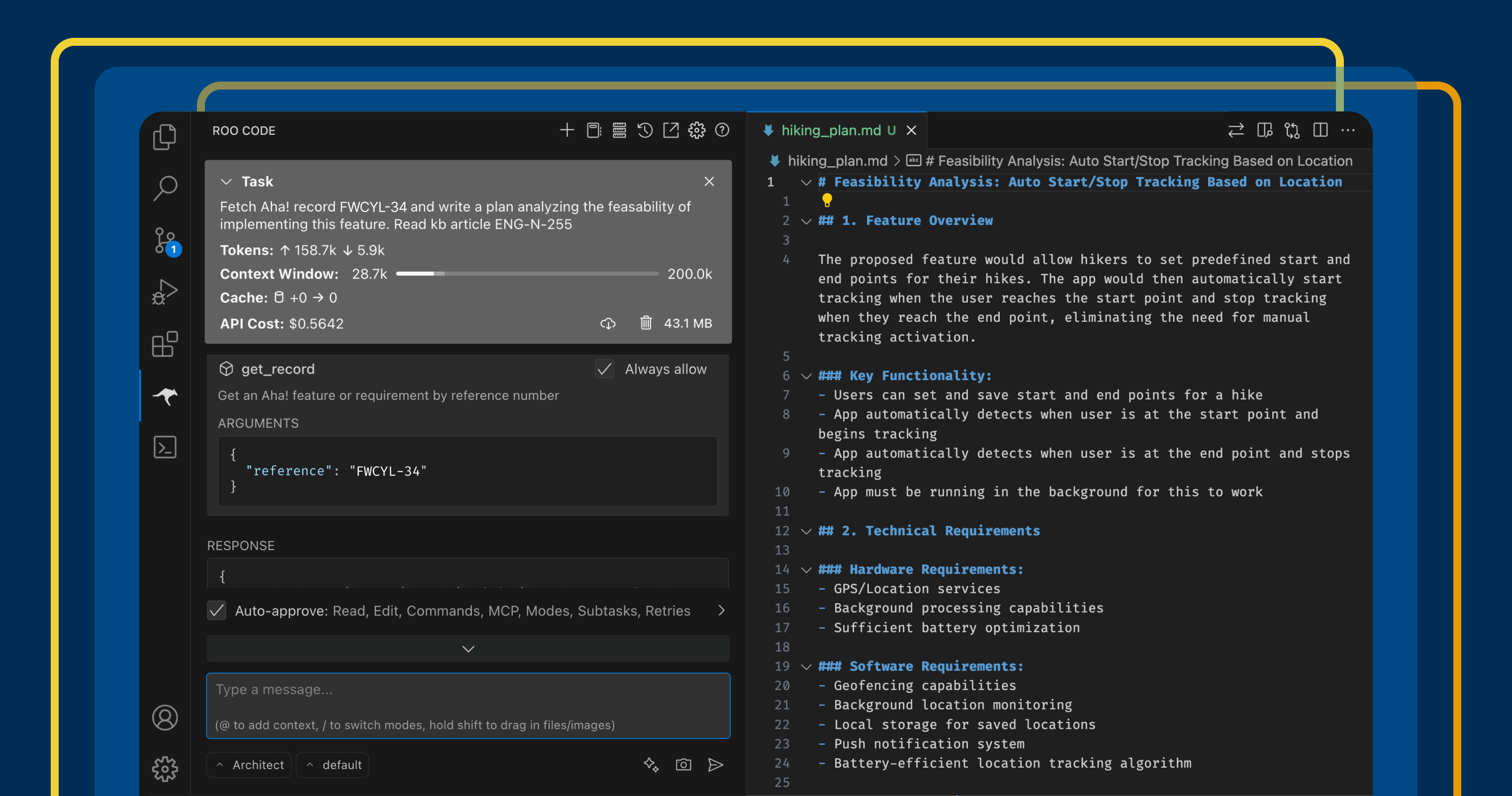


























![Building A Digital PR Strategy: 10 Essential Steps for Beginners [With Examples]](https://buzzsumo.com/wp-content/uploads/2023/09/Building-A-Digital-PR-Strategy-10-Essential-Steps-for-Beginners-With-Examples-bblog-masthead.jpg)





![How One Brand Solved the Marketing Attribution Puzzle [Video]](https://contentmarketinginstitute.com/wp-content/uploads/2025/03/marketing-attribution-model-600x338.png?#)































